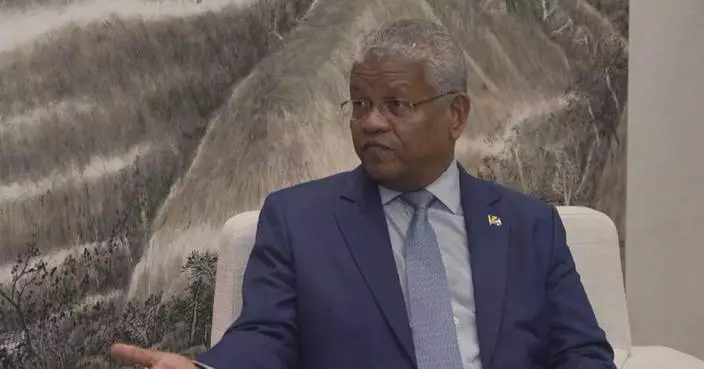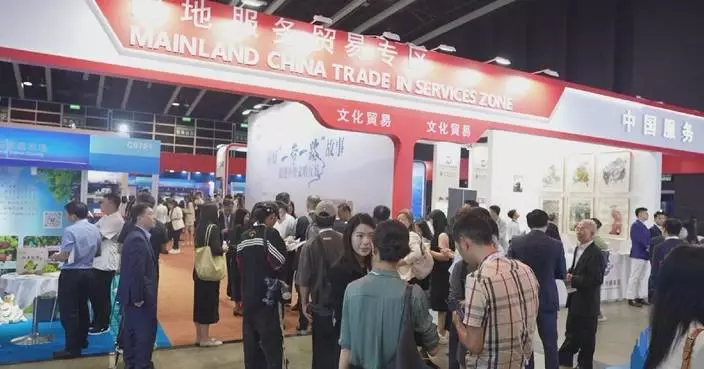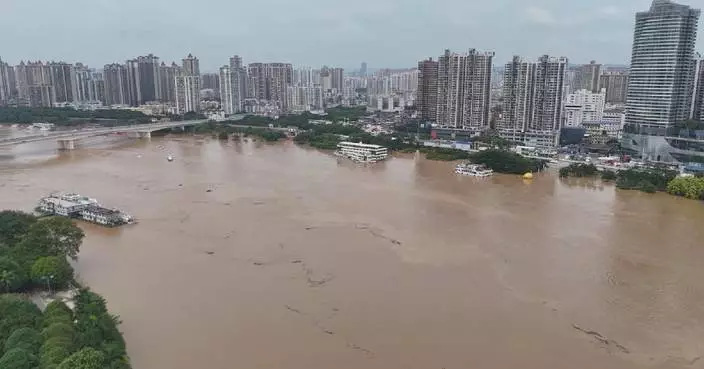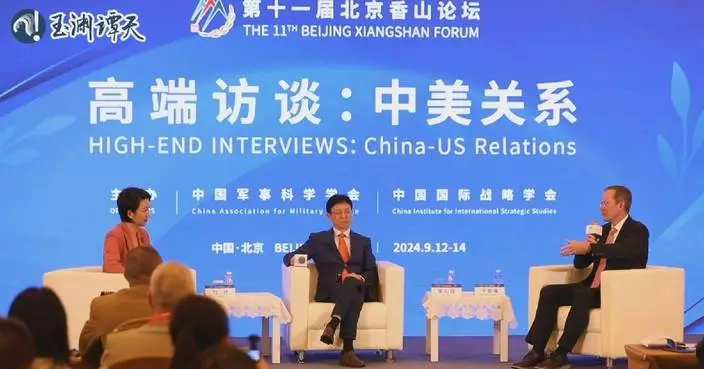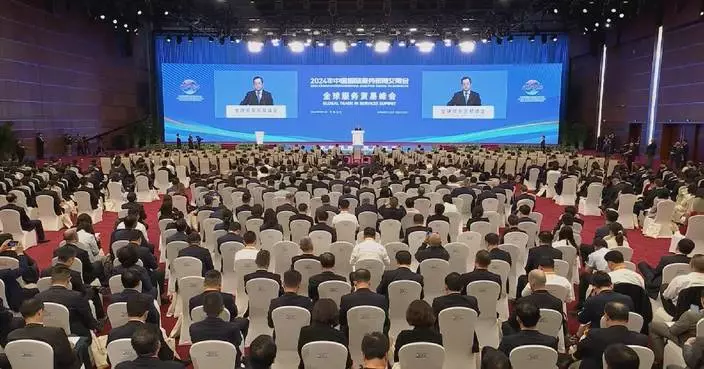The fifth meeting of the China-Indonesia Governmental Joint Commission on Bilateral Cooperation was held in Beijing on Friday, with the two sides reaching wide consensus on deepening bilateral and multilateral cooperation.
The meeting was co-chaired by Chinese Foreign Minister Wang Yi and Indonesian Foreign Minister Retno Marsudi.
Wang, also a member of the Political Bureau of the Communist Party of China (CPC) Central Committee, said that under the strategic guidance of the two heads of state, China and Indonesia have deepened political mutual trust, achieved significant results in Belt and Road cooperation, coordinated more closely on international and regional affairs, and entered a new era of building a community with a shared future.
China is willing to work together with Indonesia to implement the important consensus reached by the leaders of the two countries and continuously elevate the building of a China-Indonesia community with a shared future to a new level, said Wang.
Wang said the Third Plenary Session of the 20th Central Committee of the CPC has made arrangements for further comprehensively deepening reforms and promoting Chinese modernization, which will bring new opportunities for China-Indonesia cooperation and regional development.
He said both sides need to persistently focus on four key areas.
The first is deepening high-level exchanges, strengthening strategic communication, and preparing for the celebration of the 75th anniversary of the establishment of diplomatic relations between the two countries next year.
The second is consolidating strategic mutual trust and firmly supporting each other in safeguarding core interests.
The third is expanding mutually beneficial cooperation, deepening strategic alignment, and using the joint construction of the Belt and Road Initiative to lead practical cooperation and upgrade its quality.
The fourth is enhancing mutual understanding and friendship, improving the facilitation of personnel exchanges, and encouraging exchanges between youth, think tanks and media.
Noting that China has become one of Indonesia's most important strategic partners, Retno Marsudi said Indonesia greatly appreciates the solid mutual trust and profound friendship established with China.
She said that Indonesia will take the 75th anniversary of the establishment of diplomatic relations as an opportunity to closely cooperate with China on multilateral affairs, practice multilateralism, and strengthen South-South cooperation.
The two sides agreed to explore the potential for cooperation on new-energy vehicles, lithium batteries, photovoltaics, and the digital economy, while also expanding two-way investment, agricultural and food cooperation, and people-to-people exchanges, and working together to improve global governance and safeguard the common interests of Global South countries.
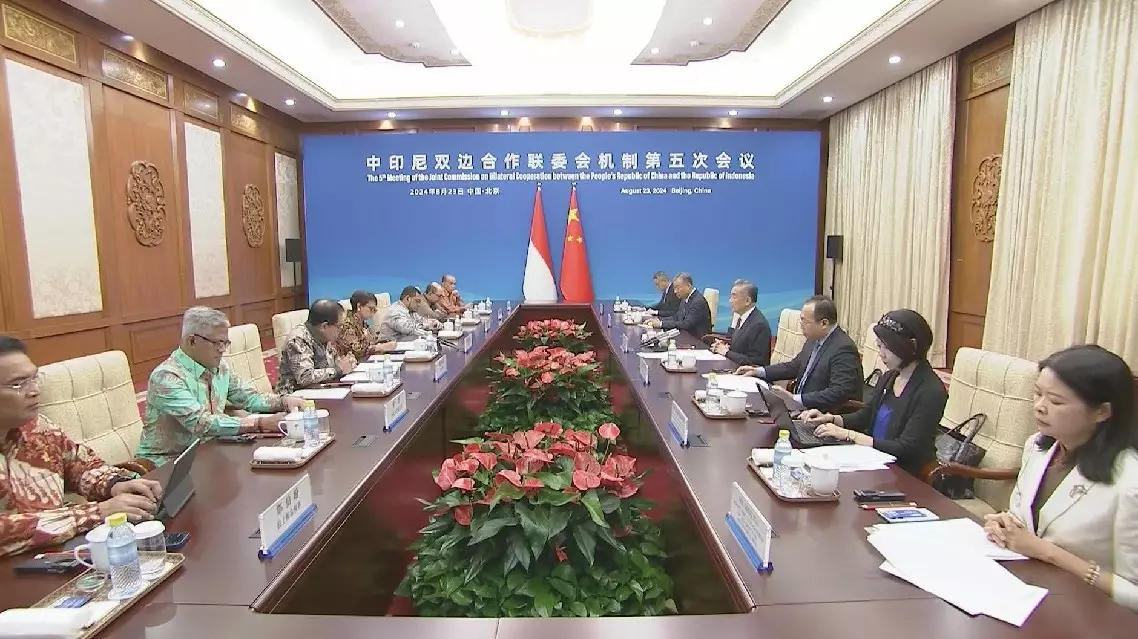
China, Indonesia agree to deepen cooperation at joint commission meeting in Beijing
China's scientific expedition team on Thursday obtained critical ice cores during their investigation of the Qinghai-Xizang Plateau, which is known as Asia's "water tower".
The region encompasses "one glacier, two lakes and three rivers". It is home to Purog Kangri Glacier, the world's largest glacier in the mid to low-latitude regions, as well as Siling Lake and Namtso Lake, the largest and second-largest lakes in Xizang, respectively. It is also the birthplace of the Yangtze River, Nujiang River and Yarlung Zangbo River.
The climate in the region is complex and changeable, and its ecosystem is very fragile, and meanwhile it is a pivotal area for Xizang's economic and social development.
During their expedition, the team drilled for ice cores at different depths overnight on Thursday, aiming to capture climate records from different time scales.
Ice core drilling is typically conducted during the night and early morning when the ice temperature is sufficiently low.
Ice cores serve as vital records of global climate and environmental changes. The sediments and bubbles within these cores are clues to understanding the history of Earth's climate. By studying the bubbles captured in ice cores, scientists can analyze atmospheric composition, including carbon dioxide levels, over hundreds of thousands of years.
Yao Tandong, an academician at the Chinese Academy of Sciences (CAS) and leader of the expedition, and Lonnie Thompson, a renowned American glacier expert and foreign academician at CAS, conducted their scientific expedition on the glacier Thursday morning.
Through helicopter observations, thickness-measuring radar, satellite image comparison and other methods, the scientific expedition team has found that the surface area of the Purog Kangri Glacier has shrunk by 10 percent over the past 50 years.
The average altitude of Purog Kangri Glacier is 5,748 meters, with the highest point reaching 6,370 meters. Due to global warming, the glacier is melting rapidly.
"So does the melting of glacier surface -- the higher the altitudes, the less the ablation volume, while at lower altitudes, it accumulates and forms branch-like rivers on the ice surface. Currently, these branches extend up to altitudes of 6,000 meters," said Xu Baiqing, a research fellow of the Institute of Tibetan Plateau Research under the CAS.
Research indicates that the accelerated retreat of glaciers on the Qinghai-Xizang Plateau over the past 40 years reflects a broader trend, and the melting rate of the Purog Kangri Glacier is relatively slow compared to the overall situation of the plateau.
The temperature changes within the glacier also attributed to the great difficulty of drilling, said Xu.
"Due to climate warming, the temperature within the glacier has risen, which suggests that under the same backdrop of temperature variations, the ablation may show abrupt shift with accelerating growth," said Xu.
The expedition was launched on Aug 18, 2024 and is scheduled to continue until October.
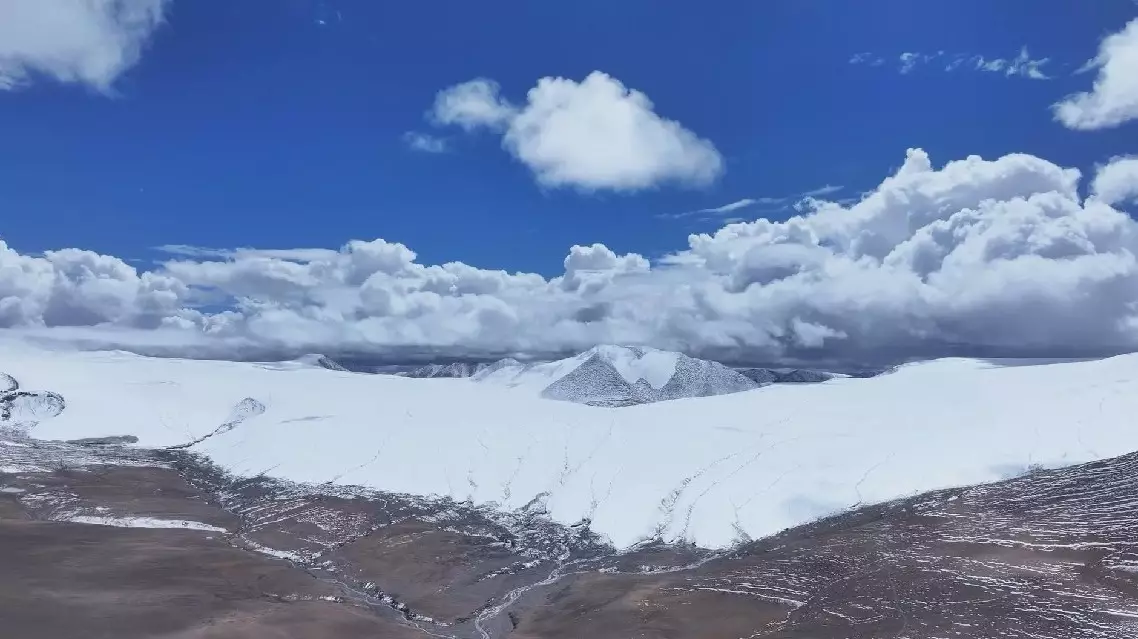
Scientists obtain critical ice cores during expedition in Qinghai-Xizang Plateau




